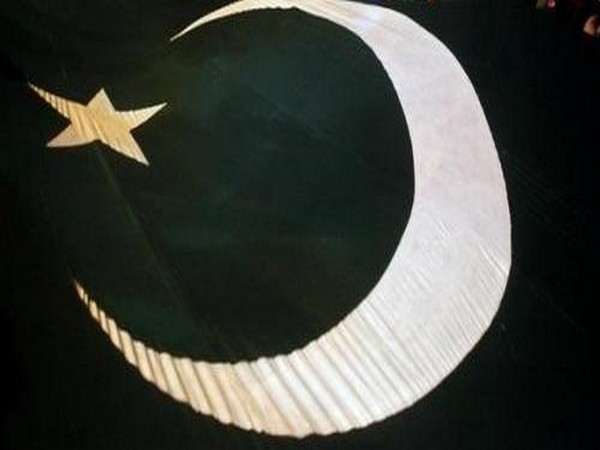

Pakistan’s ongoing negotiations with the terrorist group Tehreek-e-Taliban Pakistan is making young lawmakers in the country furious as Islamabad has already agreed to release hundreds of detained and convicted TTP members and withdraw court cases against them, local media reported.
Under the negotiation, a large portion of thousands of Pakistani troops stationed in the erstwhile Federally Administered Tribal Areas (FATA) — where the TTP first emerged as an umbrella organization of small Taliban factions in 2007 — will be withdrawn.
However, the two sides have yet to agree on retracting democratic reforms and the merger of FATA into Khyber Pakhtunkhwa and whether thousands of TTP terrorists can return with their arms and keep their organization intact.
Talking to Gandhara, a news portal, lawyer Fazal Khan said he Feel furious following Pakistan’s ongoing peace negotiations TTP as his eldest son, eighth-grader Sahibzada Omar Khan, was killed in the TTP’s most horrific attack.
On December 16, 2014, a group of TTP terrorists stormed the Army Public School in Peshawar, the capital of Khyber Pakhtunkhwa Province, he added, saying they massacred Sahibzada and 131 other students.
Khan is not alone in questioning the mostly opaque talks, which senior Pakistani officials say are aimed at ending the TTP’s 14-year insurgency. A deal between Islamabad and the TTP now appears to be in sight after the group declared an indefinite cease-fire this month following months of parleys brokered by the Afghan Taliban, Gandhara reported.
Moreover, Islamabad has also agreed to implement Islamic Shari’a law in Khyber Pakhtunkhwa’s Malakand region lately.
After the Taliban seized power in August, the TTP launched an offensive regime targeting Pakistani troops in the tribal areas. A recent UN report said some 4,000 of its members might be sheltering there.
Islamabad also won respite from TTP attacks as Pakistani officials pushed to reconcile the group through talks, which resulted in a month-long cease-fire in November last year.
“They will only gain strength and will be able to run their militant campaign more effectively,” Mohsin Dawar, a young lawmaker who represents North Waziristan in the Pakistani parliament, said of the possible fallout from a peace deal.
“If the TTP foot soldiers won’t benefit from the impending deal, they are likely to switch over to Bahadur’s group or move on to join Daesh,” he said, referring to Islamic State-Khorasan (IS-K) by its Arabic acronym. “These talks will have far-reaching and very dangerous results because violence will continue.”
“If the government goes ahead with this agreement, we will hasten our resistance,” he said.
A 57-member jirga of notable tribal leaders negotiating with the Tehreek-e-Taliban Pakistan (TTP) has returned to Pakistan without any major breakthrough over the group’s demand for the reversal of FATA’s merger with Khyber Pakhtunkhwa
The jirga consists of tribal elders, politicians, and parliamentarians who met with senior TTP leaders at Kabul’s Inter-Continental Hotel for two days and held threadbare discussions over demands, including the most contentious issue of the Federally Administered Tribal Areas (FATA)’s merger.